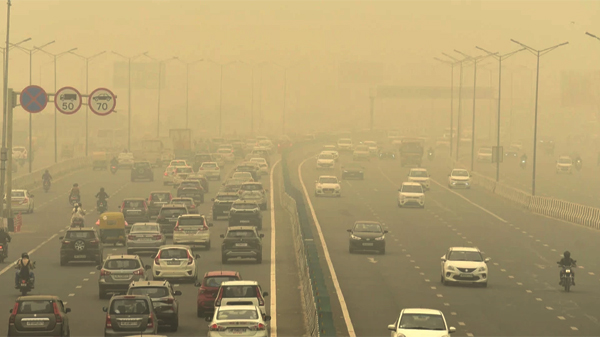World Cup 2023: Can ICC compel players to compete in hazardous air conditions?

- Update Time : Monday, 6 November, 2023, 03:12 pm
- 202 Time View

Online Desk: With the Bangladesh vs Sri Lanka ICC World Cup 2023 match just hours away, the air quality in Delhi is perilous. According to the ICC’s guidelines, an AQI (air quality index) score under 200 is considered safe for cricket. Delhi’s AQI is well above 400 as the match approaches.
In light of this situation, can the ICC ethically mandate players to participate in a World Cup match amidst such hazardous conditions? This question looms large, given the severe air pollution in Delhi.
Players from both Sri Lanka and Bangladesh were compelled to cancel their practice sessions due to the air quality issue. Bangladesh coach Chandika Hathurusingha mentioned that some of the players have asthma and are not willing to take unnecessary risks by practicing.
As players express their reluctance to practice, it raises critical questions about the ICC’s stance on player participation in such conditions.
The ICC and BCCI staff on the ground are set to closely monitor the air quality leading up to the match. Following their assessment, they will consult with the medical teams of both teams. If they determine that the match can proceed safely, the toss will take place on time. However, if the air quality poses a significant health risk, they will adopt a wait-and-see approach, similar to protocols followed in cases of rain or a wet outfield.
ESPN cricinfo reported that the ICC is seeking advice from a lung specialist to define safe air quality levels for cricket matches. However, establishing specific benchmarks for safe air quality proves challenging due to the varying cardiovascular demands of different cricketing positions on the field.
For instance, a fast bowler experiences higher cardiovascular stress compared to a spinner. This indicates that identical air quality conditions may not be equally safe for both fast bowlers and spinners. The assessment becomes considerably more intricate in this regard.














